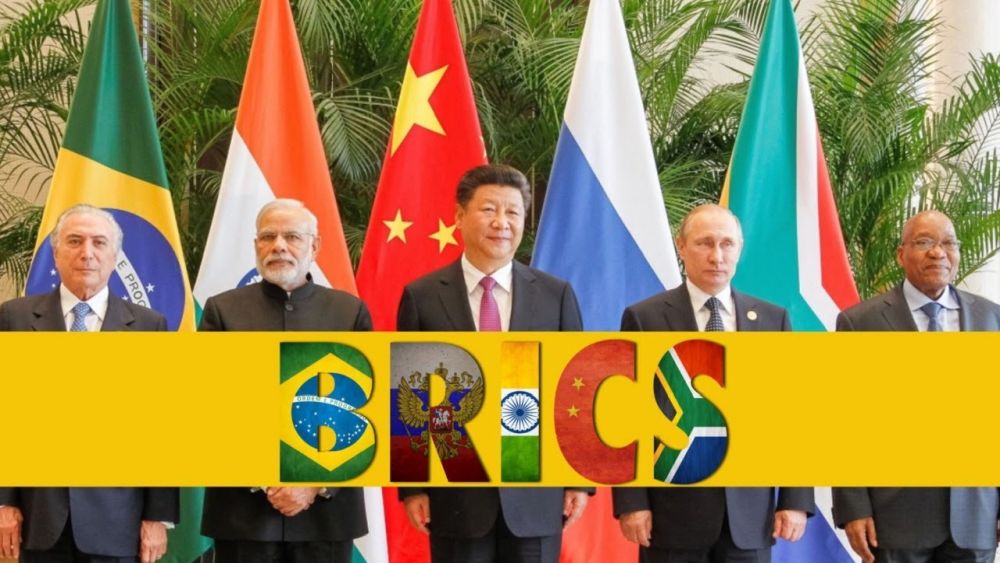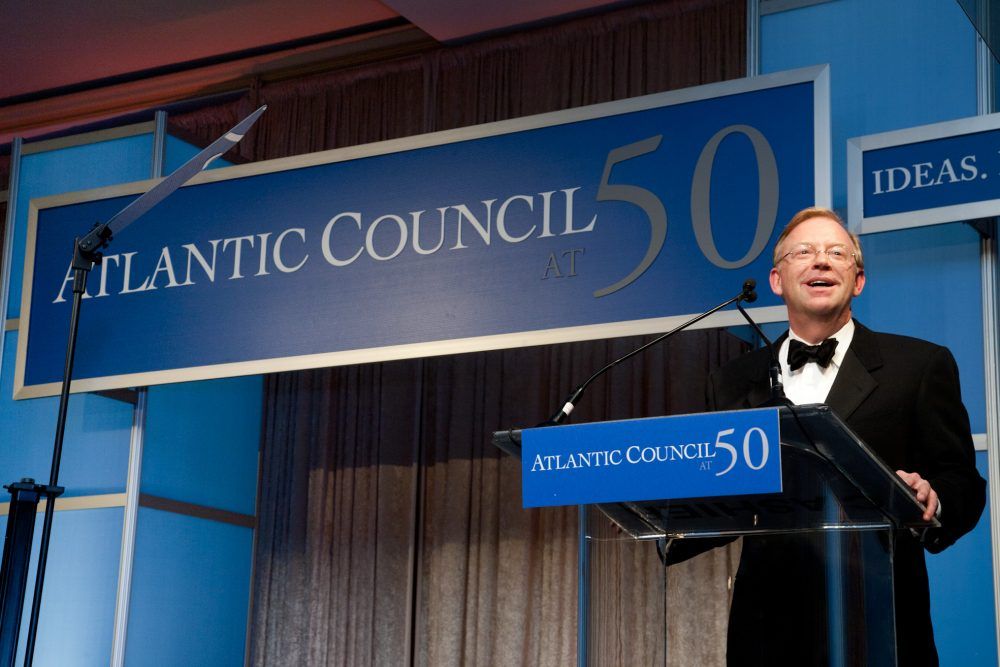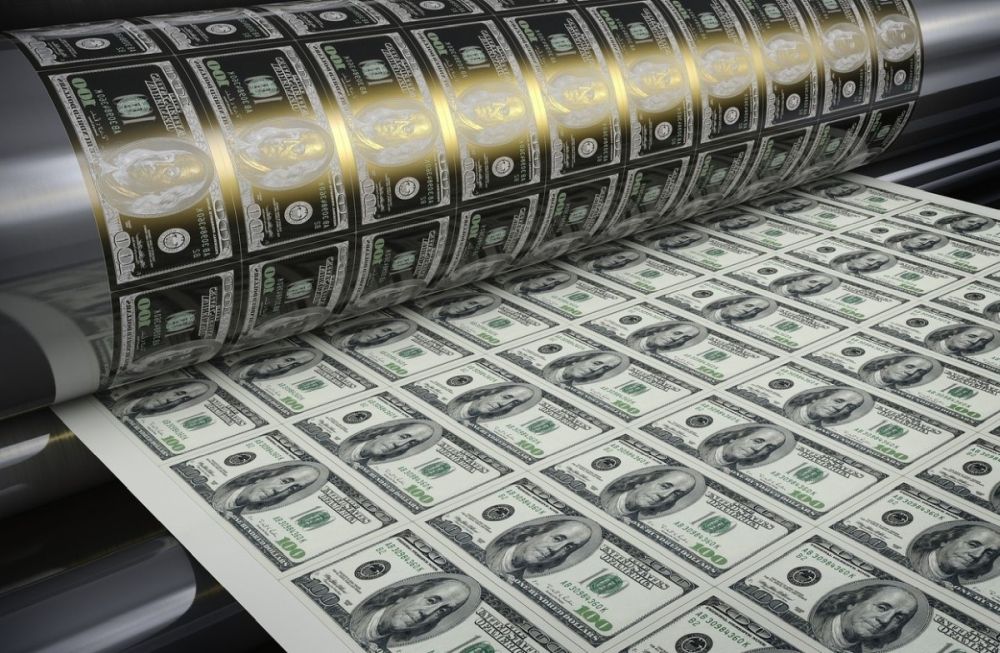The US dollar has long dominated global finance, representing around 58% of the world’s foreign exchange reserves. Its power stems from post-WWII systems that entrenched the dollar as the currency of choice for trade and reserves. This dominance has allowed the US to leverage sanctions and economic tools, much to the frustration of emerging powers like BRICS.

BRICS—Brazil, Russia, India, China, and South Africa—has grown into a coalition seeking to challenge this status quo. Leaders like Russia’s Vladimir Putin advocate reducing reliance on the dollar, arguing that the West “weaponizes” it for geopolitical ends. However, creating a viable alternative is easier said than done, with internal disagreements and logistical hurdles slowing progress.

Despite BRICS’ growing economic influence, experts see no immediate challenger to the dollar. The Atlantic Council confirms the greenback’s status as the world’s top reserve currency is “secure in the near and medium term.” Even at BRICS meetings, dollar dependence persists—attendees often bring dollars or euros since other currencies lack the same global utility.

Efforts to dethrone the dollar face a steep uphill battle. Trust, liquidity, and stability ensure its grip on global finance. While BRICS may dream of alternatives, replacing such a well-established system would require unprecedented unity and innovation. For now, the US dollar remains the undisputed heavyweight champion of global currencies.

#GlobalEconomy #USDollar #BRICS #Geopolitics #Finance #EmergingMarkets #EconomicPower #CurrencyWars #GlobalFinance #USDdominance
